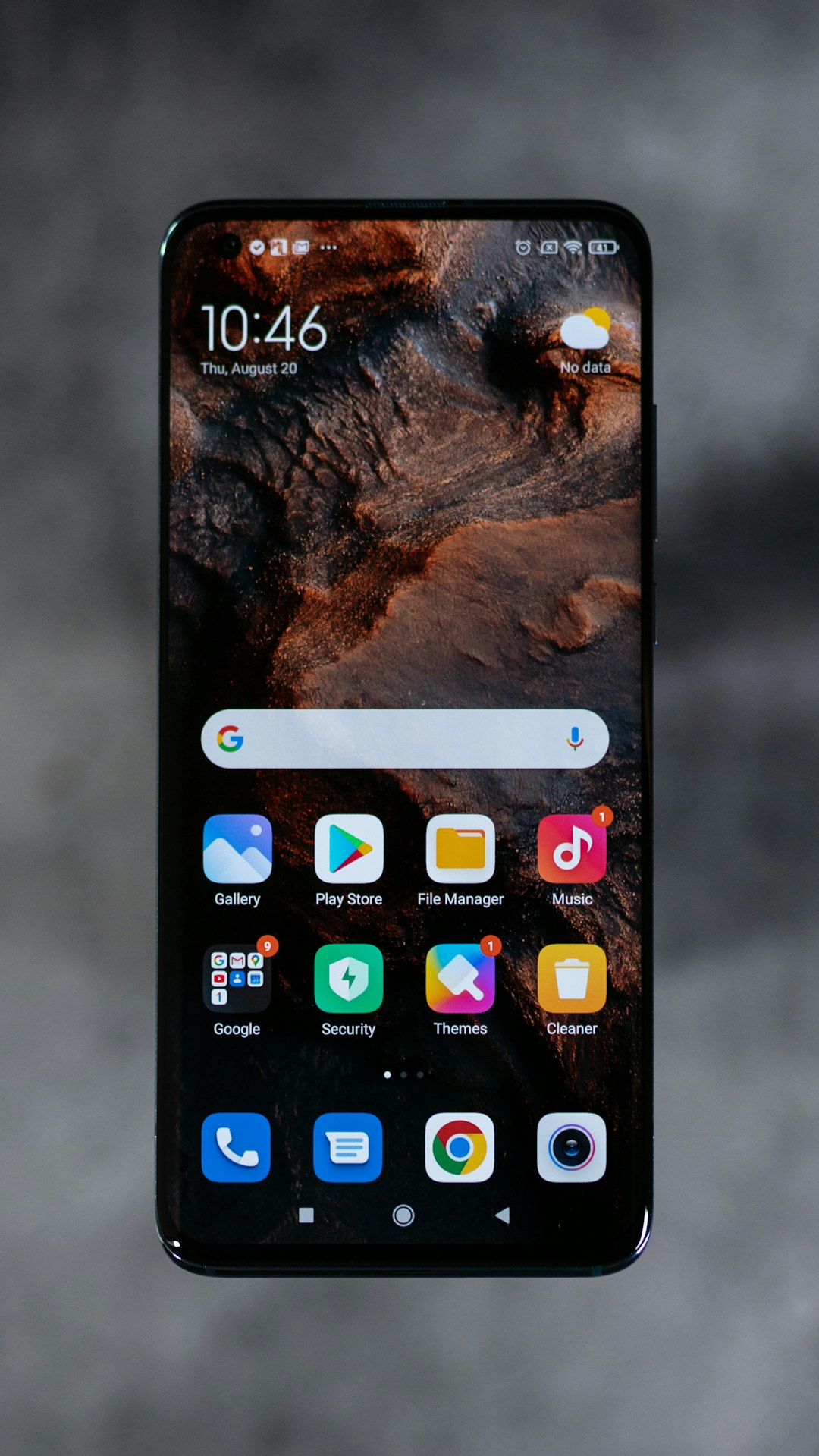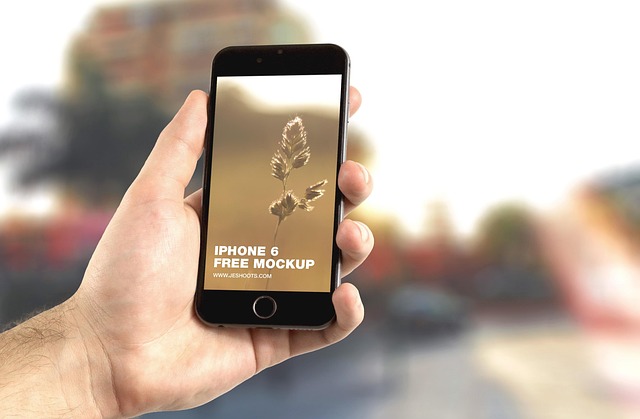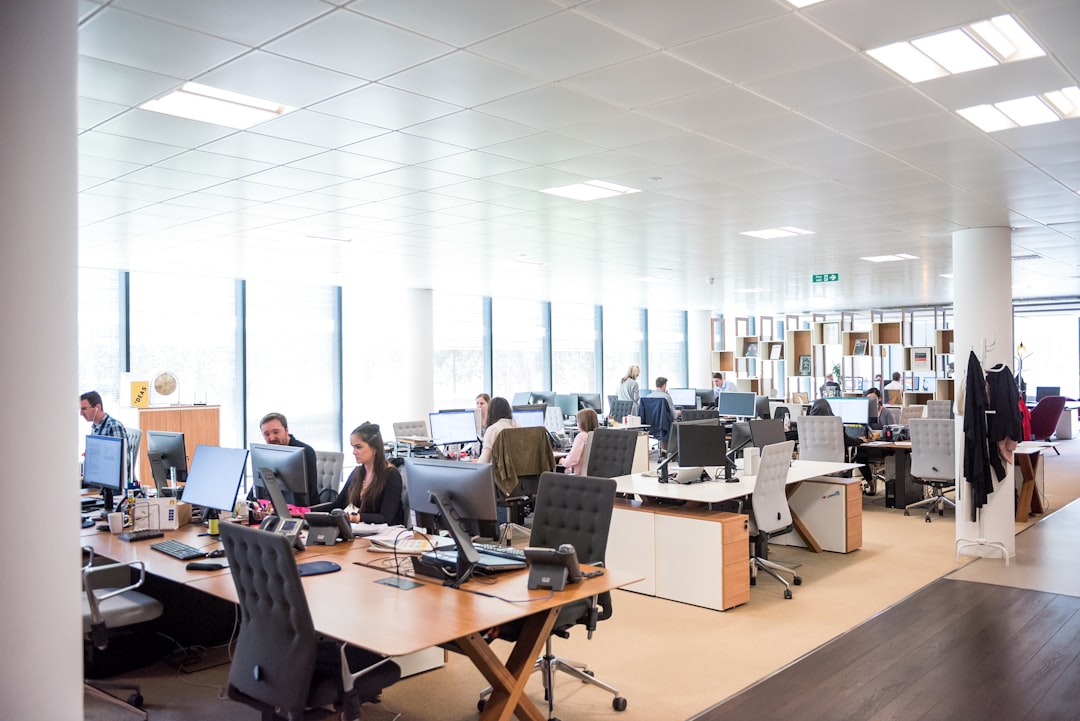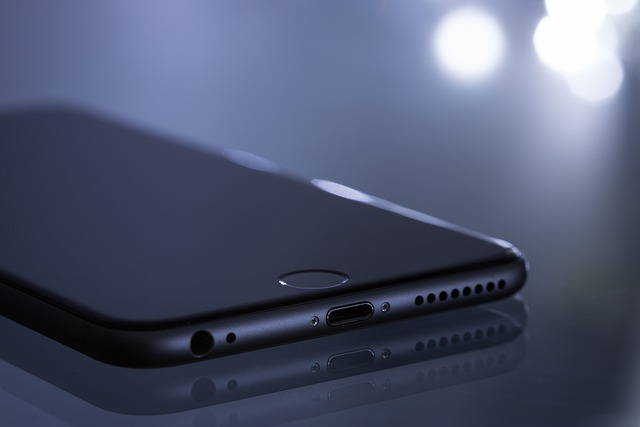In South Dakota and South Carolina, 'Do Not Call' lists and regulations are vital tools to curb unwanted telemarketing calls. Residents can register their numbers in SD and explicitly consent to autodialing in SC to protect their privacy. Businesses violating these laws face legal consequences. Consulting specialized Do Not Call lawyers or attorneys in these states helps residents navigate complex regulations, send cease-and-desist letters, file complaints, and hold businesses accountable for unauthorized calls. Understanding these rules is key to minimizing intrusive telemarketing and ensuring consumer rights are respected.
In South Dakota, maintaining consumer privacy is taken seriously, particularly regarding autodialer use without explicit permission. This article delves into the intricate details of the state’s Do Not Call laws and their impact on both residents’ rights and businesses’ marketing strategies. From understanding the restrictions on autodialers to exploring legal opt-out options, we guide you through the process. If you’re seeking a Do Not Call lawyer SC, Do Not Call attorney SC, or a law firm specializing in Do Not Call regulations SC, this article offers valuable insights and connects you with potential legal support.
- Understanding South Dakota's Do Not Call Laws
- The Impact of Autodialers on Consumer Privacy
- When is it Legal to Use an Autodialer in SC?
- Rights of Residents: Opting Out and Enforcement
- Selecting a Lawyer Specializing in Do Not Call Regulations
- Strategies for Businesses: Complying with SC's Guidelines
Understanding South Dakota's Do Not Call Laws
In South Dakota, the Do Not Call list is a powerful tool designed to protect residents from unwanted telemarketing calls. This law, regulated by the South Dakota Division of Consumer Protection, allows individuals to register their phone numbers to opt-out of automated or prerecorded telemarketing messages. By signing up, residents can significantly reduce the volume of unsolicited calls they receive.
To ensure compliance with these regulations, businesses and marketing companies must obtain explicit consent before autodialing South Dakota residents. This means that a consumer’s clear and unambiguous permission is required to make automated calls. If a business fails to adhere to this rule, it may face legal repercussions, including fines, as outlined by the Do Not Call law firm in SC. Thus, understanding and respecting these laws are crucial for any company engaging in telemarketing activities within South Dakota.
The Impact of Autodialers on Consumer Privacy
In today’s digital era, autodialers have become a ubiquitous tool in marketing strategies, but their impact on consumer privacy cannot be overlooked. These automated systems, while efficient for businesses, often lead to unwanted phone calls from unknown numbers, causing distress and invasion of personal space for South Carolina residents. With the prevalence of Do Not Call laws, many consumers are left frustrated when their rights are violated by relentless autodialer campaigns.
The use of autodialers without prior express consent can have severe consequences, prompting many South Carolinians to seek legal advice from experienced Do Not Call lawyers. These attorneys specialize in protecting consumer privacy and ensuring businesses adhere to state regulations. By consulting a Do Not Call attorney in SC, individuals can take action against harassing phone calls and hold companies accountable for their practices.
When is it Legal to Use an Autodialer in SC?
In South Carolina, the use of autodialers is regulated by the state’s Do Not Call laws, particularly when it comes to commercial or telemarketing calls. It’s important to note that while autodialers can be a powerful tool for businesses, their use is restricted to ensure consumer privacy and consent.
For an autodialer to be legally employed in SC, explicit permission from the recipient must be obtained first. This means that companies or individuals using autodialers for marketing or sales purposes cannot call numbers listed on the Do Not Call registry. A lawyer specializing in Do Not Call laws in South Carolina can provide guidance and represent your interests if you’ve received unauthorized calls from autodialers, helping you navigate these regulations effectively.
Rights of Residents: Opting Out and Enforcement
Selecting a Lawyer Specializing in Do Not Call Regulations
When facing challenges with autodialers or unwanted calls in South Dakota, selecting a legal expert who specializes in Do Not Call regulations is a strategic move. Individuals and businesses in SC often turn to Do Not Call lawyers or attorneys for guidance due to the complexity of these laws. These specialists possess an in-depth understanding of state regulations, ensuring clients receive protection against unauthorized autodialing.
Choosing the right law firm focused on Do Not Call cases is crucial. Such firms typically have experience navigating legal complexities and can offer tailored strategies. They can assist with sending cease-and-desist letters, filing complaints, or representing you in court if necessary, providing comprehensive support throughout the process.






